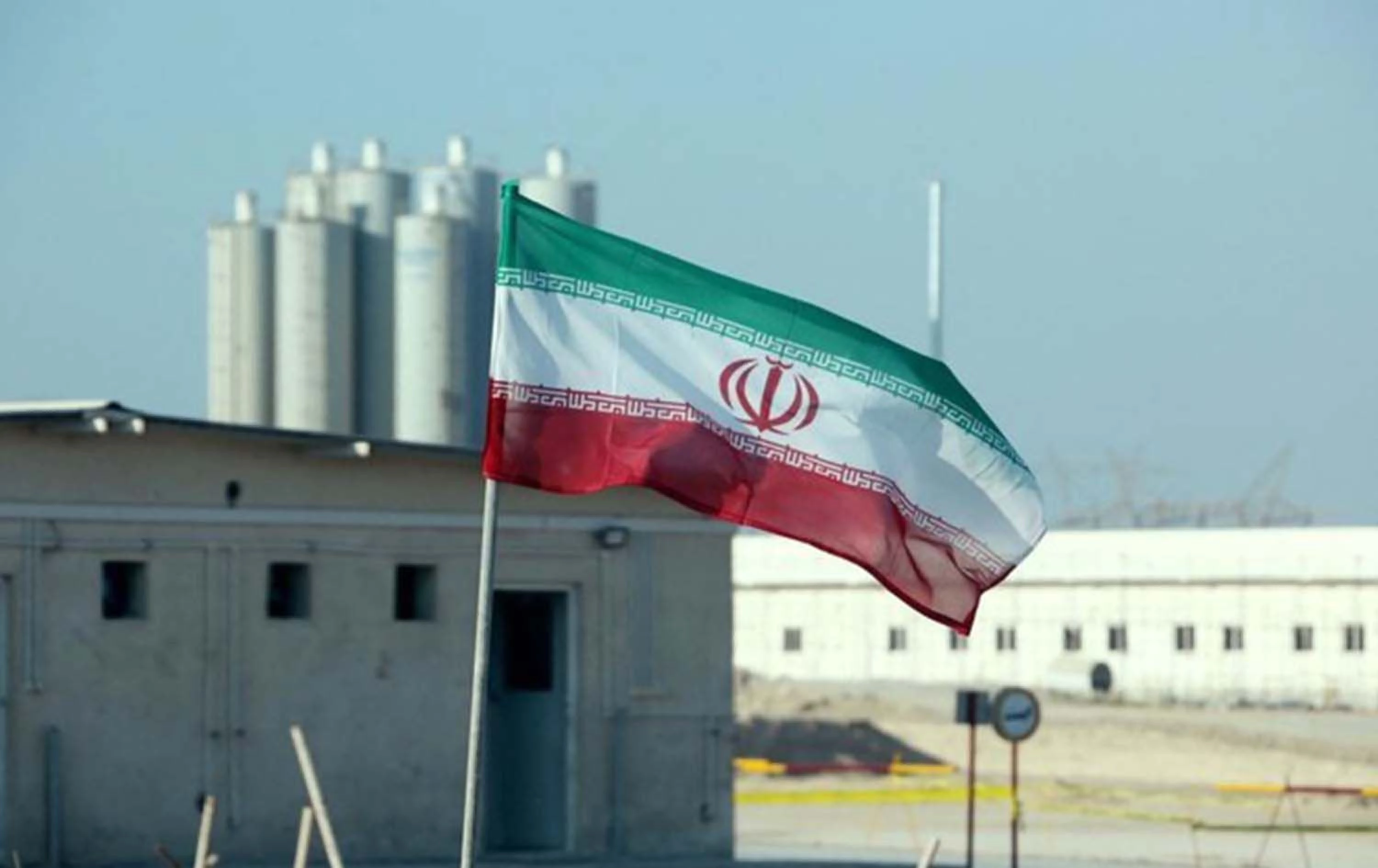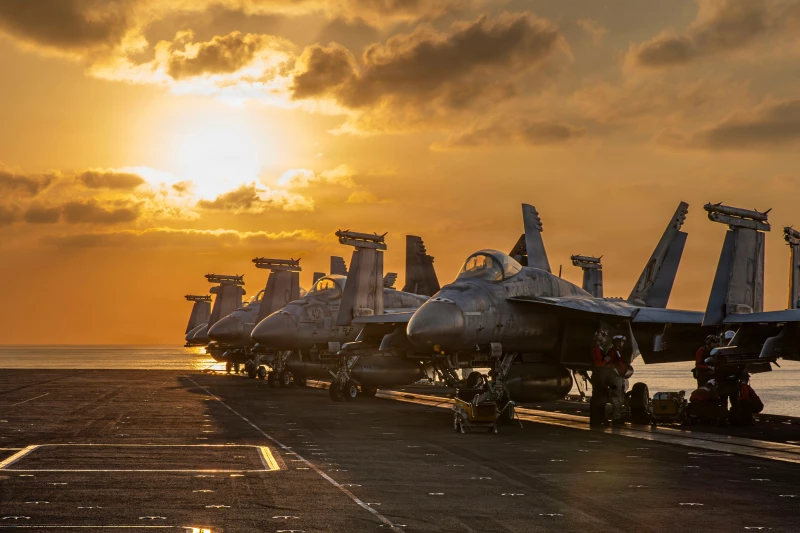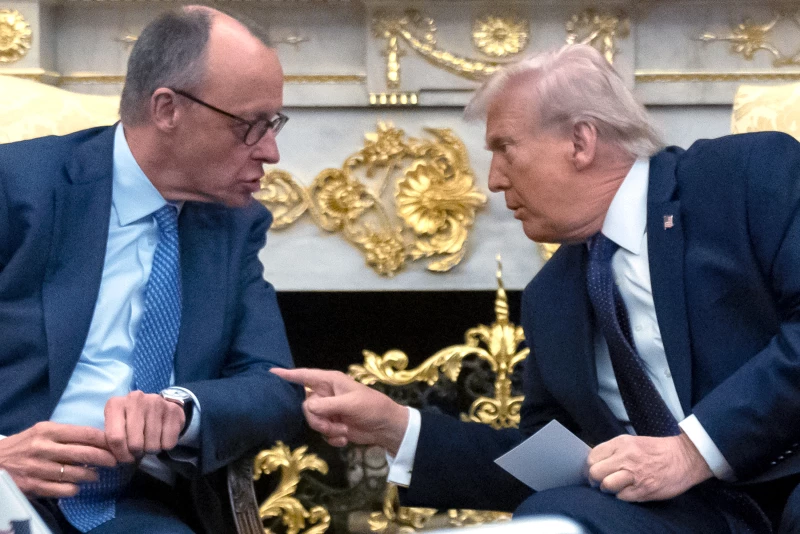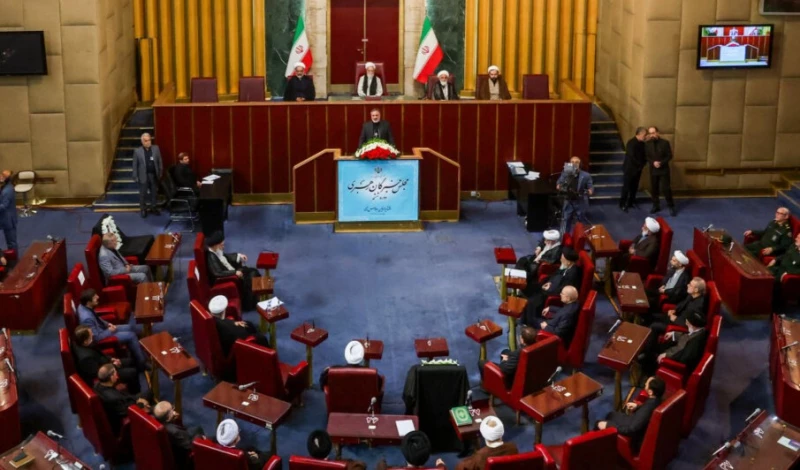ERBIL, Kurdistan Region of Iraq - Iran, Russia, and China on Saturday slammed the reimposition of crippling sanctions on Tehran as “legally and procedurally flawed,” asserting that all provisions of the 2015 nuclear deal are terminated after the Islamic republic announced the end of the decade-long UN monitoring mission over its nuclear program.
In a joint statement, the three countries’ missions to the UN said that the triggering of the “snapback mechanism” outlined in the Joint Comprehensive Plan of Action (JCPOA) deal by the European countries (E3) involved in the agreement - Britain, France, and Germany - is “by default, legally and procedurally flawed.”
“The E3, having themselves ceased to perform their commitments under both the JCPOA and resolution 2231 and also failing to exhaust the procedures of the Dispute Resolution Mechanism (DRM), lacks the standing to invoke its provisions,” the statement added.
The countries argued that in accordance with the resolution’s terms, “all [the deal’s] provisions are terminated after 18 October 2025,” noting that the conclusion of the agreement “marks the end of the [UN] Security Council’s consideration of the Iranian nuclear issue.”
Iran’s foreign ministry on Saturday announced the expiry of the UN nuclear oversight mandate, calling on the international body to remove Tehran from its agenda and asserting that all the restrictions on its nuclear program “will be considered terminated.”
The UN in September formally reimposed a global arms embargo and other sanctions on Iran via the snapback mechanism, which was activated by JCPOA signatories Britain, France, and Germany.
Ahead of the reimposition of snapback sanctions in September, China and Russia signed a joint proposal to the UN to avoid the activation of the mechanism. The proposal was not adopted.
During his first term in 2018, US President Donald Trump unilaterally withdrew from the Iran nuclear deal, also known as the JCPOA, an agreement between Tehran and world powers to curb Iran’s nuclear program in return for sanctions relief. Subsequent attempts at reviving the deal have failed to yield results.
On Wednesday, Mohammad Eslami, head of Iran’s Atomic Energy Organization (AEOI), said that International Atomic Energy Agency (IAEA) inspectors are not allowed in the country as they failed to fulfill their duties under Tehran’s new nuclear law.
The Iranian parliament voted on a bill in June to suspend cooperation between Tehran and the UN nuclear watchdog.



 Facebook
Facebook
 LinkedIn
LinkedIn
 Telegram
Telegram
 X
X


